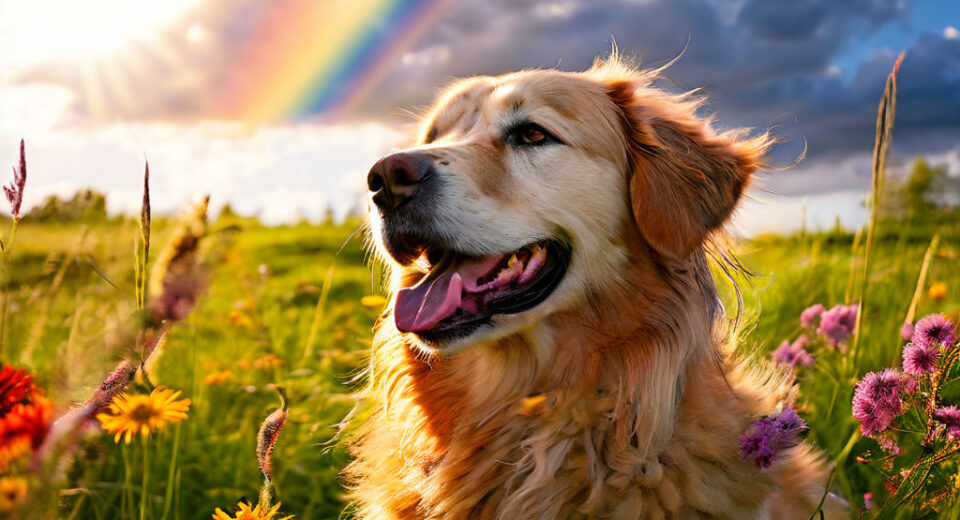Popular

Nasal tumors in dogs are a serious health concern that can significantly impact a pet’s quality of life. While it is not always possible to prevent nasal tumors entirely, certain strategies can reduce the risk and promote overall health. This article explores preventive measures and lifestyle adjustments to help reduce the likelihood of nasal tumors in dogs.
Understanding Nasal Tumors in Dogs
Nasal tumors develop within the nasal cavity or paranasal sinuses and can be benign or malignant. Malignant nasal tumors, such as carcinomas and sarcomas, are more common and tend to be aggressive. These tumors can cause significant discomfort and health issues, making prevention and early detection crucial.
Strategies for Preventing Nasal Tumors in Dogs
1. Regular Veterinary Check-Ups
Regular veterinary check-ups are essential for early detection and prevention of various health issues, including nasal tumors. Routine exams allow veterinarians to identify any unusual signs early, increasing the chances of successful treatment.
Recommendations:
- Schedule annual check-ups for your dog.
- Monitor your dog’s health and report any changes to your veterinarian promptly.
2. Environmental Control
Limiting exposure to environmental toxins can help reduce the risk of developing nasal tumors. Dogs are often exposed to various pollutants and chemicals that can be harmful over time.
Tips:
- Avoid smoking around your pets, as secondhand smoke can increase cancer risk.
- Minimize the use of chemical cleaners, pesticides, and herbicides in your home and yard.
- Ensure good ventilation in your home to reduce indoor air pollution.
3. Maintain a Healthy Diet
A balanced and nutritious diet is crucial for maintaining overall health and reducing cancer risk. High-quality food supports the immune system and provides essential nutrients that can help protect against cancer.
Dietary Recommendations:
- Provide a diet rich in high-quality protein, such as lean meats and fish.
- Incorporate fruits and vegetables that are high in antioxidants, like blueberries and spinach.
- Include omega-3 fatty acids, found in fish oil, to support immune function and reduce inflammation.
4. Regular Exercise
Regular exercise helps maintain a healthy weight, supports the immune system, and reduces the risk of various health issues, including cancer.
Exercise Tips:
- Ensure your dog gets daily physical activity appropriate for their age, breed, and health status.
- Activities can include walks, playtime, and agility exercises.
5. Minimize Stress
Chronic stress can weaken the immune system and increase the risk of cancer. Providing a stress-free environment and using techniques to reduce anxiety can be beneficial.
Stress Reduction Tips:
- Provide a safe and comfortable living environment for your dog.
- Use calming techniques, such as gentle massage or aromatherapy, to reduce anxiety.
- Spend quality time with your dog to strengthen your bond and provide emotional support.
6. Use of Antioxidants and Supplements
Antioxidants and certain supplements can help protect cells from damage and support overall health. Consult with your veterinarian before adding any supplements to your dog’s diet.
Beneficial Supplements:
- Vitamin E and C: Powerful antioxidants that help protect against cellular damage.
- Milk Thistle: Supports liver health and detoxification.
- Turmeric: Contains curcumin, which has anti-inflammatory and anti-cancer properties.
Importance of Early Detection
While prevention strategies are important, early detection of nasal tumors significantly improves the chances of successful treatment. Be vigilant for symptoms such as persistent nasal discharge, sneezing, difficulty breathing, and facial swelling. If you notice any of these signs, consult your veterinarian immediately.
Preventing nasal tumors in dogs involves a combination of regular veterinary care, a healthy lifestyle, and minimizing exposure to environmental toxins. By taking proactive steps and staying vigilant for early signs, pet owners can help reduce the risk of nasal tumors and ensure a healthier future for their dogs. Regular check-ups, a balanced diet, and a stress-free environment are key components in the prevention of nasal tumors.
Discover more from Dogtumor
Subscribe to get the latest posts sent to your email.

